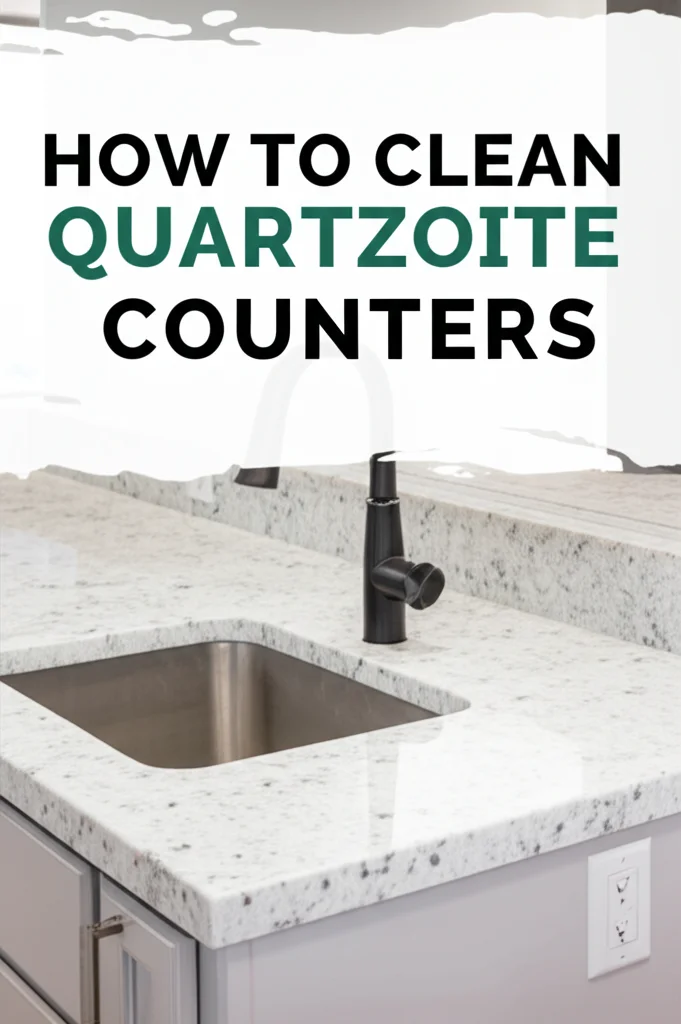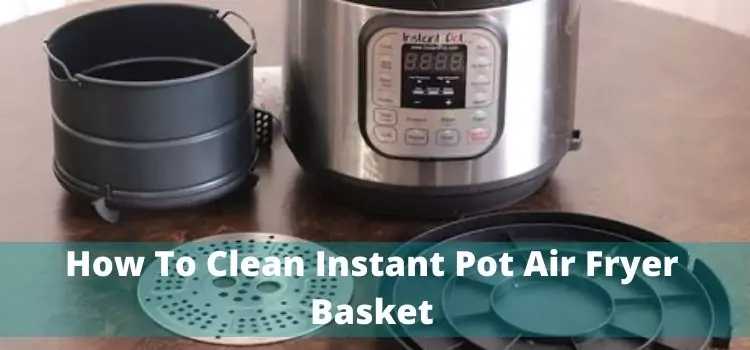· Kitchen Cleaning · 6 min read
How To Clean Quartzite Counters

Keeping Your Quartzite Counters Beautiful: A Complete Guide
Have you just invested in stunning quartzite countertops? You’re likely thrilled with their beauty and durability. But how do you keep them looking their best? Cleaning quartzite requires a little know-how, as it’s a natural stone with unique properties. This article will walk you through everything you need to know about cleaning quartzite counters, from daily maintenance to tackling stubborn stains. We’ll cover the best cleaning solutions, tools, and preventative measures to ensure your countertops remain gorgeous for years to come.
Takeaway:
- Use pH-neutral cleaners specifically designed for natural stone.
- Avoid harsh chemicals like bleach, vinegar, and ammonia.
- Seal your quartzite counters regularly to protect against stains.
- Wipe up spills immediately to prevent etching.
What is the best way to clean quartzite countertops?
The best way to clean quartzite countertops is with a pH-neutral stone cleaner and a soft cloth. Avoid abrasive cleaners and acidic substances like vinegar or lemon juice, as these can damage the surface. Regular cleaning with the right products will keep your countertops looking beautiful and prevent staining.
Understanding Quartzite: What Makes It Special?
Quartzite isn’t granite or marble, though it’s often mistaken for them. It begins as sandstone and is then transformed by heat and pressure. This process makes it incredibly durable and heat-resistant. However, it’s still a natural stone and requires specific care. Unlike granite, quartzite is more porous and can be susceptible to etching from acidic substances. Understanding this is key to proper cleaning and maintenance. Knowing your countertop’s composition will help you choose the right cleaning methods.
Daily Cleaning: Simple Steps for Sparkling Counters
Daily cleaning doesn’t have to be a chore. A quick wipe-down with the right tools can keep your quartzite counters looking fantastic. Start by removing any loose debris with a soft cloth or dust mop. Then, use a pH-neutral stone cleaner specifically formulated for natural stone. Spray the cleaner onto the surface and wipe with a clean, soft cloth. Rinse with clean water and dry thoroughly. This simple routine prevents buildup and keeps your counters shining.
- Avoid abrasive sponges or scrub brushes: These can scratch the surface.
- Use a microfiber cloth: Microfiber is gentle and effective at lifting dirt and grime.
- Dry the counters after cleaning: This prevents water spots and streaks.
Choosing the Right Cleaning Products for Quartzite
Selecting the correct cleaning products is crucial for preserving your quartzite countertops. Harsh chemicals can cause etching, dulling, and even permanent damage. Always opt for pH-neutral cleaners specifically designed for natural stone. Avoid products containing:
- Vinegar: Acidic and can etch the surface.
- Lemon Juice: Similar to vinegar, it’s too acidic.
- Bleach: Can discolor and damage the stone.
- Ammonia: Can leave streaks and dull the finish.
- Abrasive Cleaners: Will scratch the surface.
Look for cleaners labeled “safe for natural stone” or “quartzite cleaner.” You can find these at most home improvement stores or online. https://www.beacleaner.com/how-to-clean-corian-countertops-with-vinegar/ discusses the dangers of using vinegar on countertops, reinforcing why it’s not suitable for quartzite.
DIY Cleaning Solution (Use with Caution)
While commercial cleaners are recommended, you can create a mild cleaning solution with warm water and a few drops of dish soap. However, ensure the dish soap is pH-neutral and rinse thoroughly to remove any residue. This method is best for light cleaning and should be used sparingly.
Tackling Tough Stains on Quartzite
Even with regular cleaning, spills happen. Addressing stains promptly is essential to prevent them from setting. Here’s how to tackle some common stains:
- Oil-Based Stains (Oil, Grease): Blot up as much oil as possible with a clean cloth. Apply a poultice made of baking soda and water. Let it sit for several hours, then wipe clean.
- Wine, Coffee, Tea: Wipe up the spill immediately. Clean with a pH-neutral stone cleaner. If the stain persists, create a poultice with baking soda and water.
- Ink: Try rubbing alcohol on a cotton ball, gently blotting the stain. Rinse with water and dry.
- Food Stains: Clean with a pH-neutral stone cleaner. For stubborn stains, use a poultice.
What is a poultice? A poultice is a paste-like mixture used to draw out stains from porous surfaces. It’s made by mixing an absorbent material (like baking soda or diatomaceous earth) with a liquid to form a paste.
Sealing Your Quartzite Counters: Protection is Key
Sealing your quartzite countertops is vital for protecting them from stains and etching. Quartzite is porous, meaning it can absorb liquids. Sealing creates a protective barrier that prevents liquids from penetrating the stone. How often you need to seal depends on the type of quartzite and how heavily it’s used. Generally, resealing every 1-2 years is recommended.
- Water Test: To check if your quartzite needs sealing, place a few drops of water on the surface. If the water beads up, the sealant is still effective. If the water absorbs into the stone, it’s time to reseal.
- Choose a Quality Sealant: Use a sealant specifically designed for natural stone.
- Follow the Manufacturer’s Instructions: Proper application is crucial for effective sealing.
Preventing Damage: Best Practices for Quartzite Care
Prevention is always better than cure. Here are some best practices to keep your quartzite counters in pristine condition:
- Use Cutting Boards: Always use cutting boards when preparing food to avoid scratches.
- Use Coasters and Placemats: Protect the surface from heat and spills.
- Wipe Up Spills Immediately: Don’t let liquids sit on the surface.
- Avoid Dragging Heavy Objects: Lift and place items to prevent scratches.
- Regularly Dust and Clean: Consistent maintenance keeps your counters looking their best.
Taking these simple precautions will significantly extend the life and beauty of your quartzite countertops. https://www.beacleaner.com/how-to-clean-stainless-steel-sink-paint-stains/ highlights the importance of quick cleanup, a principle that applies equally to quartzite.
Frequently Asked Questions (FAQs)
Q: Can I use Windex on quartzite counters?
A: No, Windex contains ammonia, which can dull the finish of quartzite. Always use a pH-neutral stone cleaner specifically designed for natural stone.
Q: How do I remove hard water stains from quartzite?
A: Try using a solution of warm water and a small amount of pH-neutral dish soap. Gently scrub the area with a soft cloth and rinse thoroughly. For stubborn stains, you may need to use a commercial hard water stain remover specifically formulated for natural stone.
Q: Is quartzite heat resistant?
A: Yes, quartzite is highly heat resistant. However, it’s still a good idea to use trivets or hot pads to protect the surface from extreme temperatures.
Q: How often should I seal my quartzite countertops?
A: Generally, you should seal your quartzite countertops every 1-2 years. Perform a water test to determine if resealing is necessary.
Conclusion: Enjoying Your Beautiful Quartzite Counters
Cleaning quartzite counters doesn’t have to be complicated. By following these simple guidelines, you can keep your investment looking beautiful for years to come. Remember to use pH-neutral cleaners, avoid harsh chemicals, seal your counters regularly, and wipe up spills immediately. With a little care and attention, your quartzite countertops will remain a stunning focal point in your kitchen. Don’t hesitate to consult a professional stone care specialist if you have any concerns or encounter difficult stains. Enjoy the beauty and durability of your quartzite!




